LaLaLexiT
Late Latin Lexicon in Transition
Project
Nationalisms and emerging ideologies, migration of peoples, major cultural and political upheavals: Late Antiquity is undoubtedly an age of great change, which shaped European culture in the following centuries. Supported by the NextGenerationEU program, the project will provide the first Latin digital glossary focused on the historical transition of Late Antiquity. As a scientific resource, the glossary will be built on the basis of lexicographic work carried out on a selection of Latin texts in prose and poetry from the period between the 3rd and 7th centuries AD. These texts hold significant literary value as they encapsulate the essence of the Late Antique transition, interpreting its complexities, and introducing or redefining expressions and imagery that have since permeated our lexicon and cultural ethos. As part of its public engagement mission, the project LaLaLexiT includes a podcast and dissemination activities.
Digital glossary and archives
Digital glossary
- M. Venuti (ed.), “LaLaLexiT. Late Latin Lexicon in Transition. Glossario digitale” [ITA]. Venezia, Edizioni Ca’ Foscari, 2025–.
Digital archives
The LaLaLexiT project represents a convergence of expertise from research groups with extensive experience in the development of digital archives dedicated to the study of Latin texts. Specifically, our team in Venice (Ca' Foscari University) has been committed in the creation and improvement of MQDQ Galaxy, while our partners in Vercelli (UPO - University of Eastern Piedmont) have built the DigiLibLT library. These initiatives stand as testament to our commitment to fostering digital resources that facilitate comprehensive and nuanced exploration of Latin literature.
Events
2025
23-24/09/2025 - Lessico latino e 'transizione' tardoantica
|
|
Conference programme [ITA]
Ca' Foscari (Aula Berengo), Venice. Connection via Zoom. |
381 KB |
|
|
Conference abstracts [ITA] | 312 KB |
|
|
3-6/06/2025 - M. Venuti, A. Arrighini. "Digital Latin II. Using digital archives for linguistic and philological purposes" (LaLaLexiT project, MQDQ Galaxy project)
International workshop, Santa Chiara Lab, Università di Siena |
386 KB |
|
|
4/03/2025 - Ilaria Morresi, "Brogliacci d’autore. La prima stesura del 'De topicis differentiis' boeziano" [ITA]
"I ferri del mestiere: seminari di filologia e letteratura latina", Department of Humanities, Malcanton Marcorà (Aula Geymonat), Venice |
2 MB |
|
|
11/02/2025 - Marco Petoletti, "Una storia infinita: i 'Collectanea rerum mirabilium' di Solino tra filologia, paleografia e arte" [ITA]
"I ferri del mestiere: seminari di filologia e letteratura latina", Department of Humanities, Malcanton Marcorà (Aula Geymonat), Venice |
2 MB |
Previous events
2024
|
|
9/10/2024 - Silverio Franzoni, "I florilegi latini: istruzioni per l'uso" [ITA]
"I ferri del mestiere: seminari di filologia e letteratura latina", Department of Humanities, Malcanton Marcorà (Aula Milone), Venice |
2 MB |
|
|
8/10/2024 - Andrea Arrighini, "Exploring Late Antiquity through the Lexicon of Transition: the LaLaLexiT Project"
International conference, California State University, Long Beach |
177 KB |
|
|
25/09/2024 - Carmela Cioffi, "Costruire uno stemma in tradizioni complesse" [ITA]
"I ferri del mestiere: seminari di filologia e letteratura latina", Department of Humanities, Malcanton Marcorà (Aula Milone), Venice |
2 MB |
|
|
29/06/2024 - Gianmario Cattaneo, "Lessico della transizione, lessico in transizione nel 'De transitu Hellenismi ad Christianismum' di G. Budé" [ITA]
International conference:, Accademia Vivarium novum, Villa Falconieri, Viale F. Borromini 5, Frascati (Rome) |
2 MB |
|
|
1/06/2024 - Martina Venuti and Andrea Arrighini, "Late Latin words in transition: 'recidivus' and 'renascor' within the LaLaLexiT project"
International conference "Empire and Form Metamorphoses of Genre in Roman Literature II: Imperial Age", University of Ljubljana, Faculty of Arts |
283 KB |
|
|
15/04/2024 - Seminar “Storie di parole: nell'officina del Thesaurus linguae Latinae", Venice [ITA]
Michael Hillen, “Il Thesaurus linguae Latinae. Basic idea, development, methods”; Roberta Marchionni, “«Reus». Un articolo in preparazione al Thesaurus linguae Latinae” |
1 MB |
Dissemination
“Est modus in verbis! Studying the Latin Lexicon”
PCTO (Paths for Transversal Skills and Orientation) project
Why is the lexicon important? When we say "Latin," what do we mean? Which Latin are we referring to? There is the Latin of the oldest inscriptions, the Latin of Virgil, the Latin of Isidore of Seville, the Latin of doctors and lawyers, and even that of the Church. How many lives does a word have?
This project focuses on the lexicon as a fundamental tool for approaching the Latin language and understanding its diachronic evolution. It aims to enhance participants' awareness of the linguistic and cultural developments of Latin words and expressions in Italian.
Team
Martina Venuti
Principal Investigator
Alice Borgna
Associated Investigator
Luca Mondin
Scientific Advisor
Maurizio Lana [ITA]
Scientific Advisor
Andrea Arrighini
Post-doc fellow
Gianmario Cattaneo [ITA]
Post-doc fellow
Scientific International Advisory Board
- Prof. Donato De Gianni, University of Cagliari
- Prof. Massimo Gioseffi [ITA], University of Milan
- Dr. Roberta Marchionni [DEU], Thesaurus Linguae Latinae
- Prof. David Paniagua Aguilar [ESP], Universidad de Salamanca

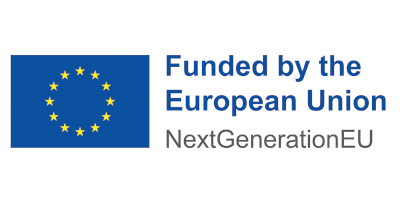
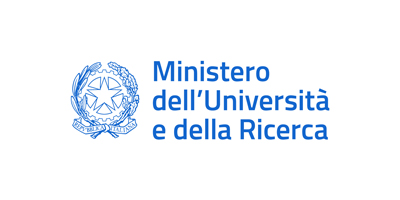
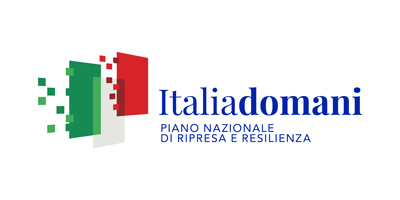

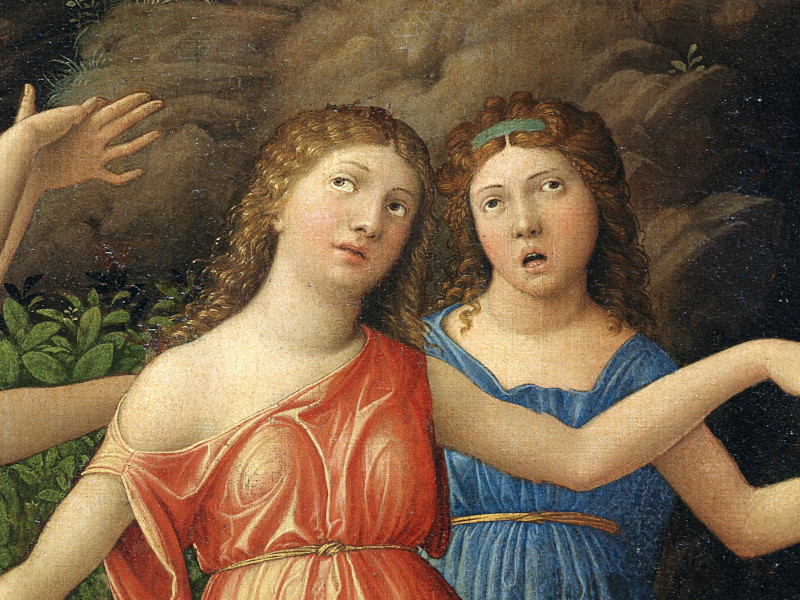
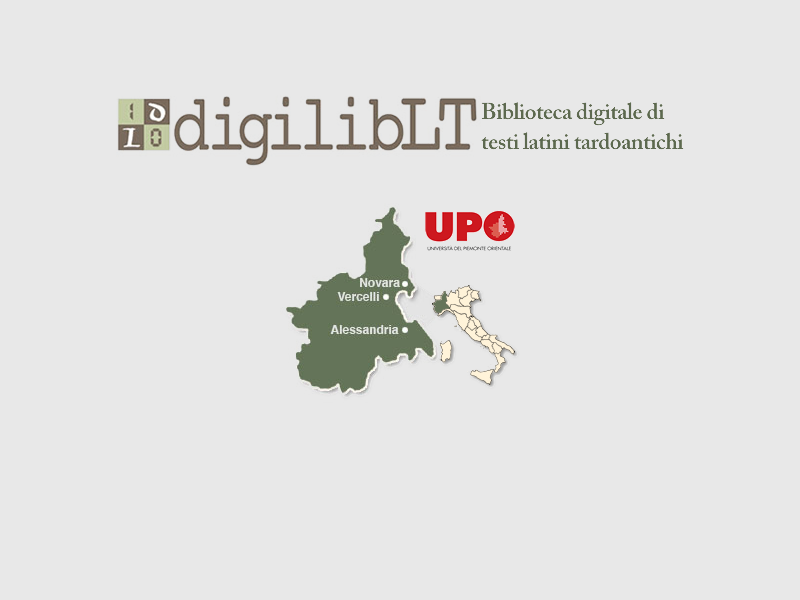


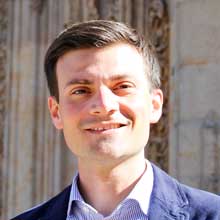
![Gianmario Cattaneo [ITA] Gianmario Cattaneo [ITA]](/fileadmin/user_upload/LaLaLexiT/img/gianmario-cattaneo.jpg)